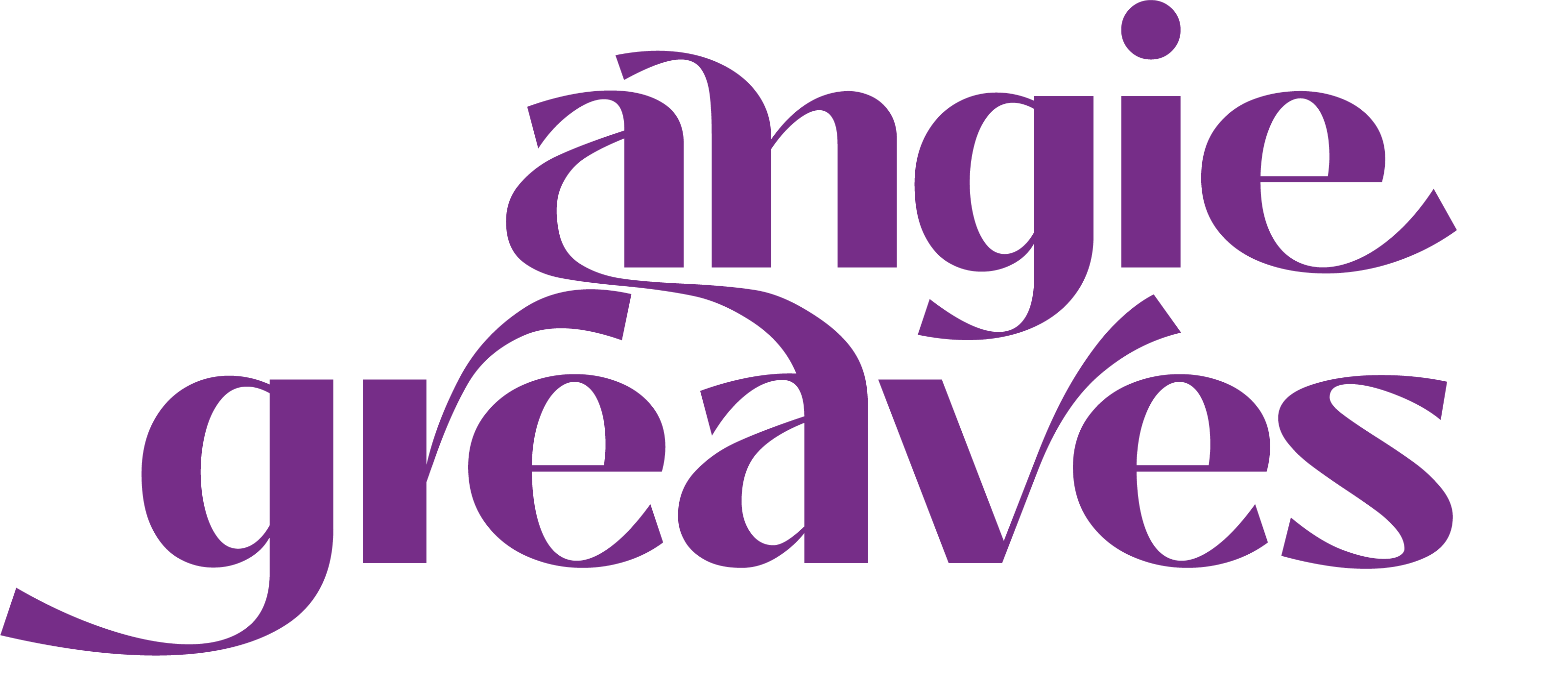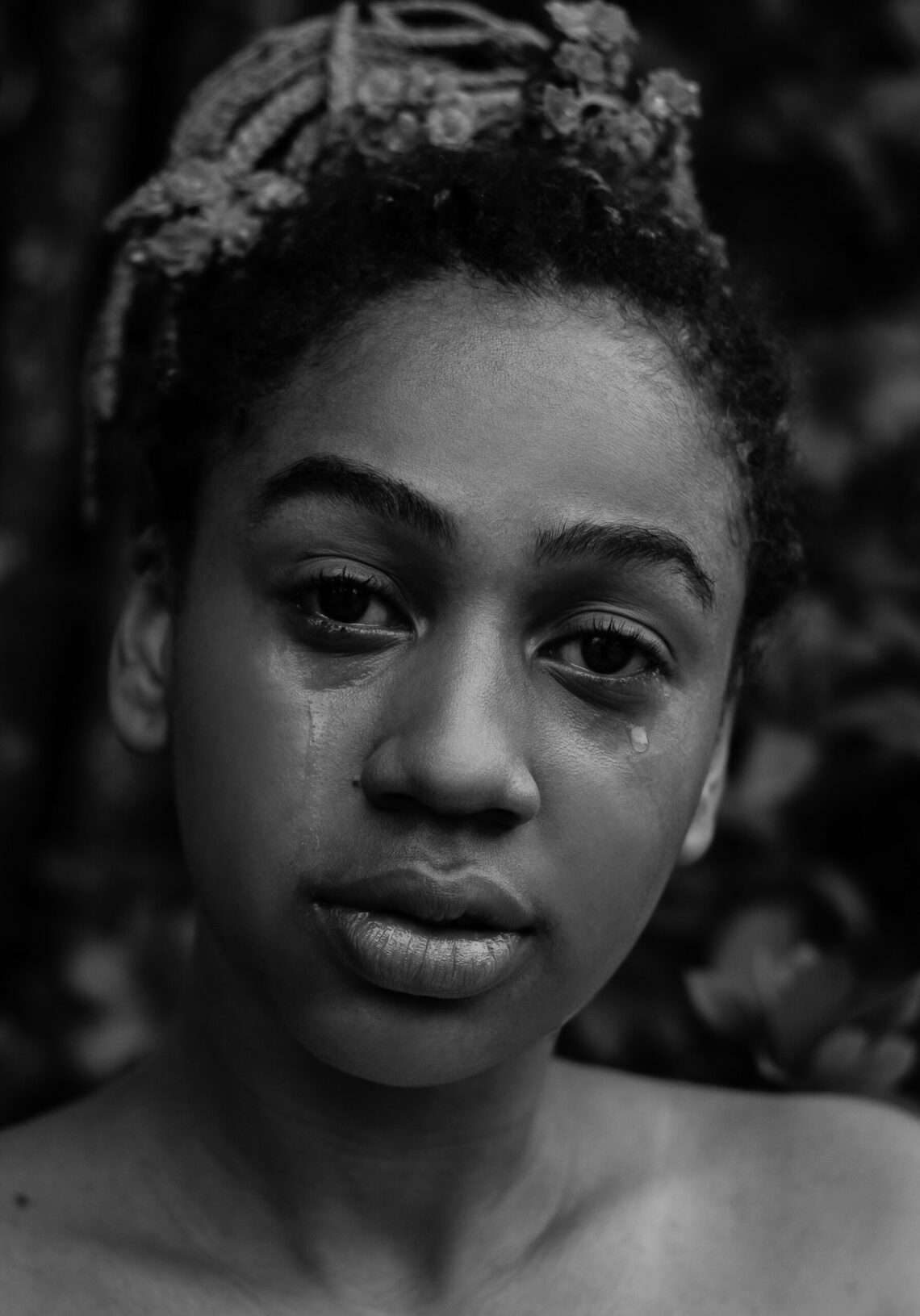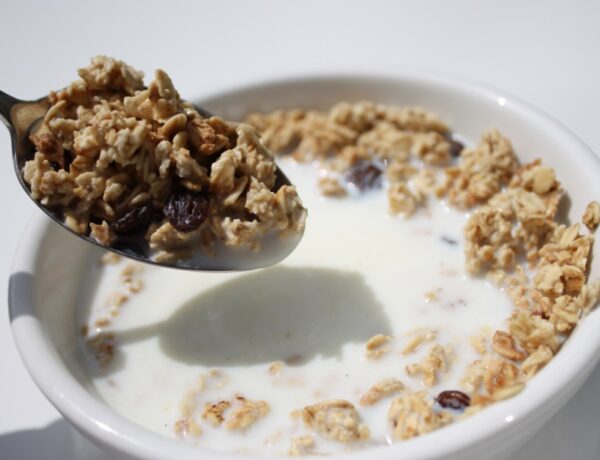During the week I highlighted that April was Stress Awareness Month, another word that sits alongside Stress is Depression. I’m not in any way highlighting negativity here, but reality! We are living in an age and time when our lives are taking a different direction; materialism is rising to the top of the list of our priorities, we want to be able to provide for our families, some of us may even need total on extra work to provide! I heard the term in the week from a work colleague “I feel as though I’m on a rollercoaster and I can’t make it stop so that I can get off”.
With Stress, Depression and Mental Health on the rise let’s open up and talk Depression on World Health Day.
Depression is the leading cause of ill health and disability worldwide. According to the latest estimates from WHO, more than 300 million people are now living with depression, an increase of more than 18% between 2005 and 2015. Lack of support for people with mental disorders, coupled with a fear of stigma, prevent many from accessing the treatment they need to live healthy, productive lives.
The new estimates have been released in the lead-up to World Health Day on 7 April, the high point in WHO’s year-long campaign “Depression: let’s talk”. The overall goal of the campaign is that more people with depression, everywhere in the world, both seek and get help.
Said WHO Director-General, Dr Margaret Chan: “These new figures are a wake-up call for all countries to re-think their approaches to mental health and to treat it with the urgency that it deserves.”
-
Mixed anxiety & depression is the most common mental disorder in Britain, with 7.8% of people meeting criteria for diagnosis.
-
4-10% of people in England will experience depression in their lifetime.
According to the Guardian ‘Nearly a fifth of adults in the UK experience anxiety or depression.’ Depression was touched on in an episode of Cold Feet on TV (which is returning to our screens in the UK very soon). Pete at least shared his feelings with his wife and best mate, Adam once he clocked that something wasn’t quite right, however they still didn’t know the extent of his depression. He wavered on the edge of a cliff and in one second could have stepped over and gone just like that, when one phone call changed his whole life again. Imagine they would all be saying ‘I didn’t know he was THAT bad’.

The first step is always to recognise that you need help. Some symptoms include, when you constantly feel like you are losing control in areas of your life; slipping into a dark hole; removing yourself from people; feelings of inadequacy; overly emotional, angry, fearful; stressed; overwhelmed; powerlessness and blaming others.
Whatever you do, please ask for help when you need it, we all need a helping hand sometimes. It is nothing to feel ashamed about, so, start the conversation and know that it IS good to talk.
SupportLine Telephone Helpline: 01708 765200 (Helpline)
email [email protected]
Confidential emotional support to Children Young People and Adults. Also keeps details of agencies, support groups and counsellors throughout UK.
Samaritans.org
We offer a safe place for you to talk any time you like, in your own way – about whatever’s getting to you. You don’t have to be suicidal.
SANE is a leading UK mental health charity.
THE ASSOCIATION FOR POSTNATAL ILLNESS
The Association provides a telephone helpline. information leaflets for sufferers and healthcare professionals as well as a network of volunteers, (telephone and postal), who have themselves experienced postnatal illness.
Helpline: 020 7386 0868, Monday, Wednesday, Friday, 10:00am-2:00pm and Tuesday and Thursday, 10:00am-5:00pm
Email: [email protected]
Website: www.apni.org
BIPOLAR UK (Previously called MDF – The Bipolar Organisation.)
A user-led charity that works to enable people affected by bipolar disorder (manic depression) to take control of their lives. Provides information, and a wide range of support services for members. Also helps people by supporting self-management, and with a national helpline and local self help groups throughout the UK.
Helpline: 0845 634 0540, Monday-Friday, 10:00am-4:00pm
Email: [email protected]
Website: www.mdf.org.uk
DEPRESSION ALLIANCE
Supports people with experience of depression through a pen-friend scheme, membership and newsletter. Provides information and publications and campaigns to raise awareness of depression. Also operates a network of local self help groups throughout the UK, with support for new groups and information about existing groups. Click here…
Telephone: 0845 123 23 20 (to request an information pack only)
Email: [email protected]
Website: www.depressionalliance.org
MEET A MUM
An online forum offering support and friendship to all mothers and mothers-to-be, especially those feeling lonely or isolated after the birth of a baby or moving to a new area.
Website: http://meetamumuk.forumotion.co.uk
SEASONAL AFFECTIVE DISORDER ASSOCIATION (SADA)
Information and membership packs for people effected by Seasonal Affective Disorder (also generally known as winter depression).
Website: www.sada.org.uk






